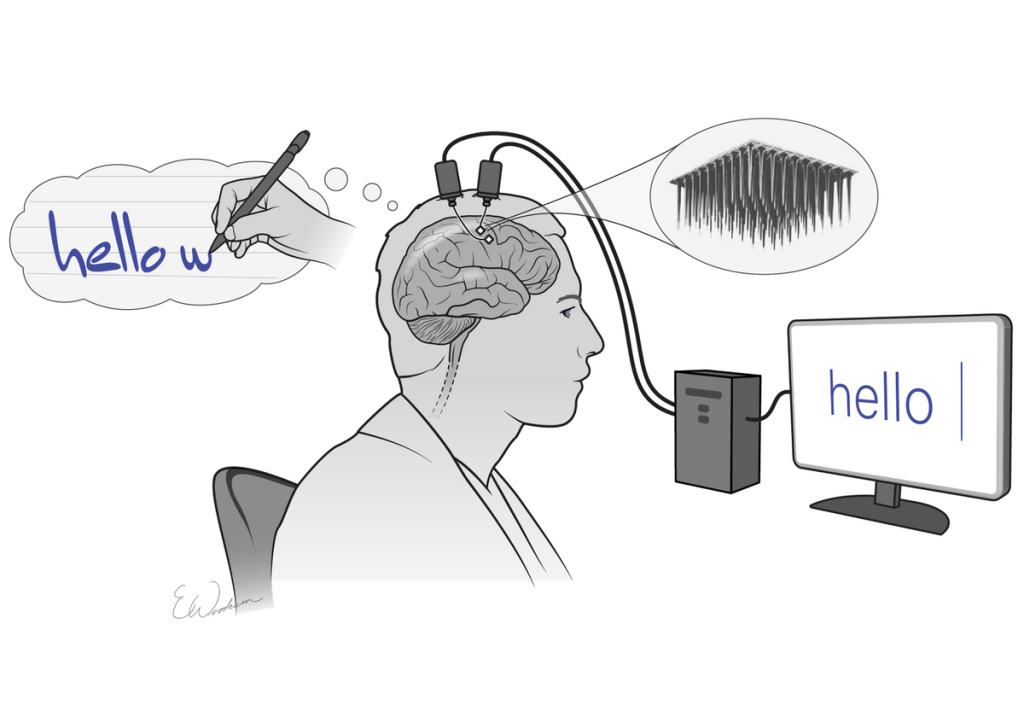With an eye on leading the world in brain chip technology, China has established a committee to guide the evolution of brain-computer interfaces (BCIs).
To rival western technological companies like Elon Musk’s Neuralink, the group would apparently create national benchmarks for progress.
The early 1970s saw the coining of the phrase “brain-computer interface” (BCI). A BCI is any tool capable of converting brain impulses into language understandable for a computer.
Scientists and engineers have employed them over the past 50 years to investigate the human brain and create treatments for different neurological diseases. Experimentally, BCIs have shown promise in treating disorders such as epilepsy or in their ability to enhance the quality of life for people with disorders including locked-in syndrome or paralysis.
BCIs have lately made news when billionaire Elon Musk started Neuralink in 2016 and vowed to introduce the technology to the entire public.
Related: ChatGPT Edu: Enhancing University Education with AI
Using an intrusive surgical operation, Neuralink’s BCI technology implants the device within the user’s skull. On January 28, 2024, a Neuralink gadget was successfully implanted in a human brain, as Cointelegraph reported.
Reports state that China aims to use BCIs for cognitive enhancement in addition to wanting to lead the world in their development.
Though exactly what this entails is yet unknown, a Wired article branded one such Chinese experiment “controversial” over allegations that a gadget akin to Musk’s Neuralink will enable “enhanced cognition.”
“At a tech forum in Beijing… a Chinese company unveiled a ‘homegrown’ brain-computer interface that allowed a monkey to apparently control a robotic arm just by thinking about it,” Wired said.
You can also freely share your thoughts and comments about the topic in the comment section. Additionally, don’t forget to follow us on our Telegram, YouTube, and Twitter channels for the latest news and updates.


